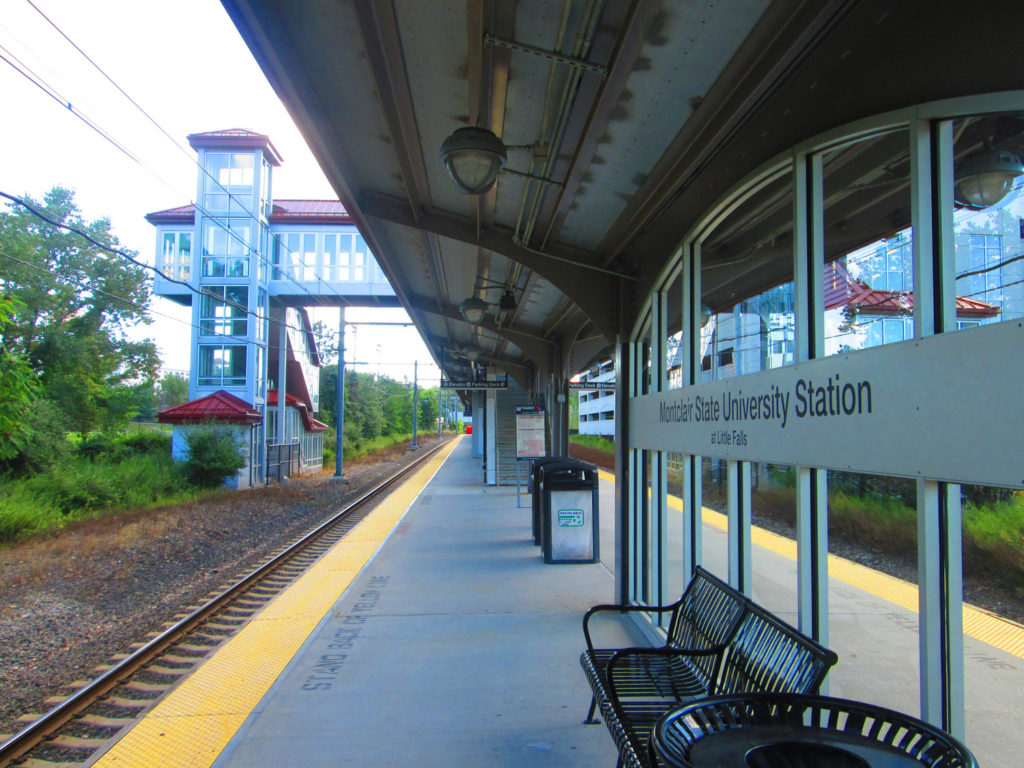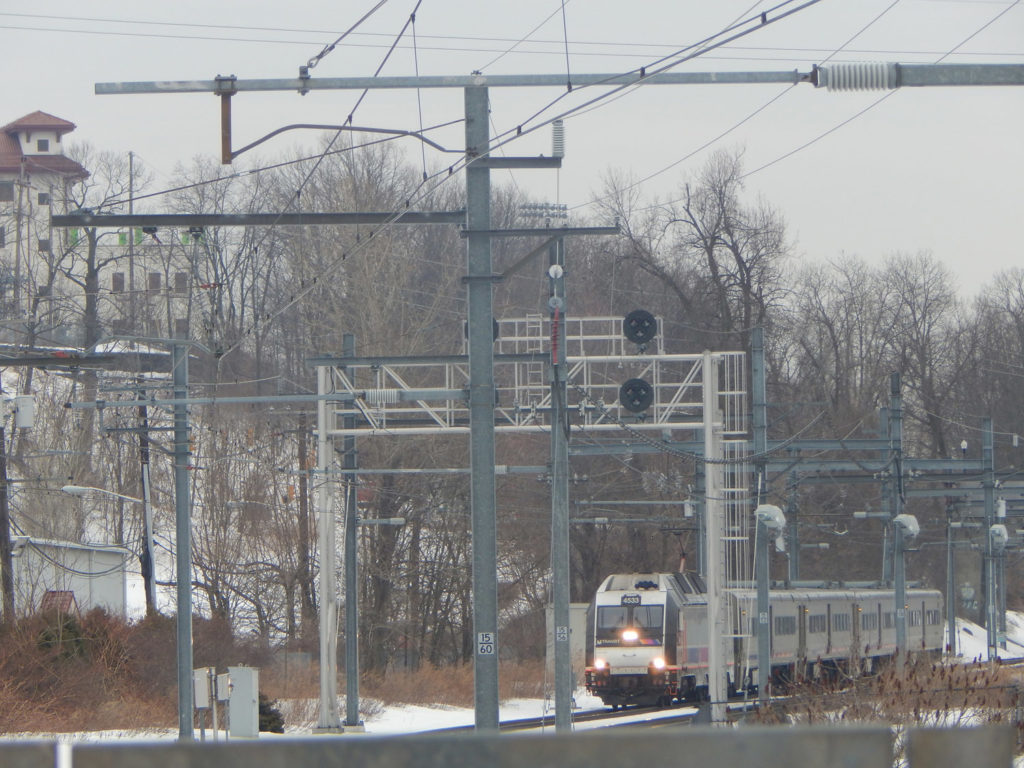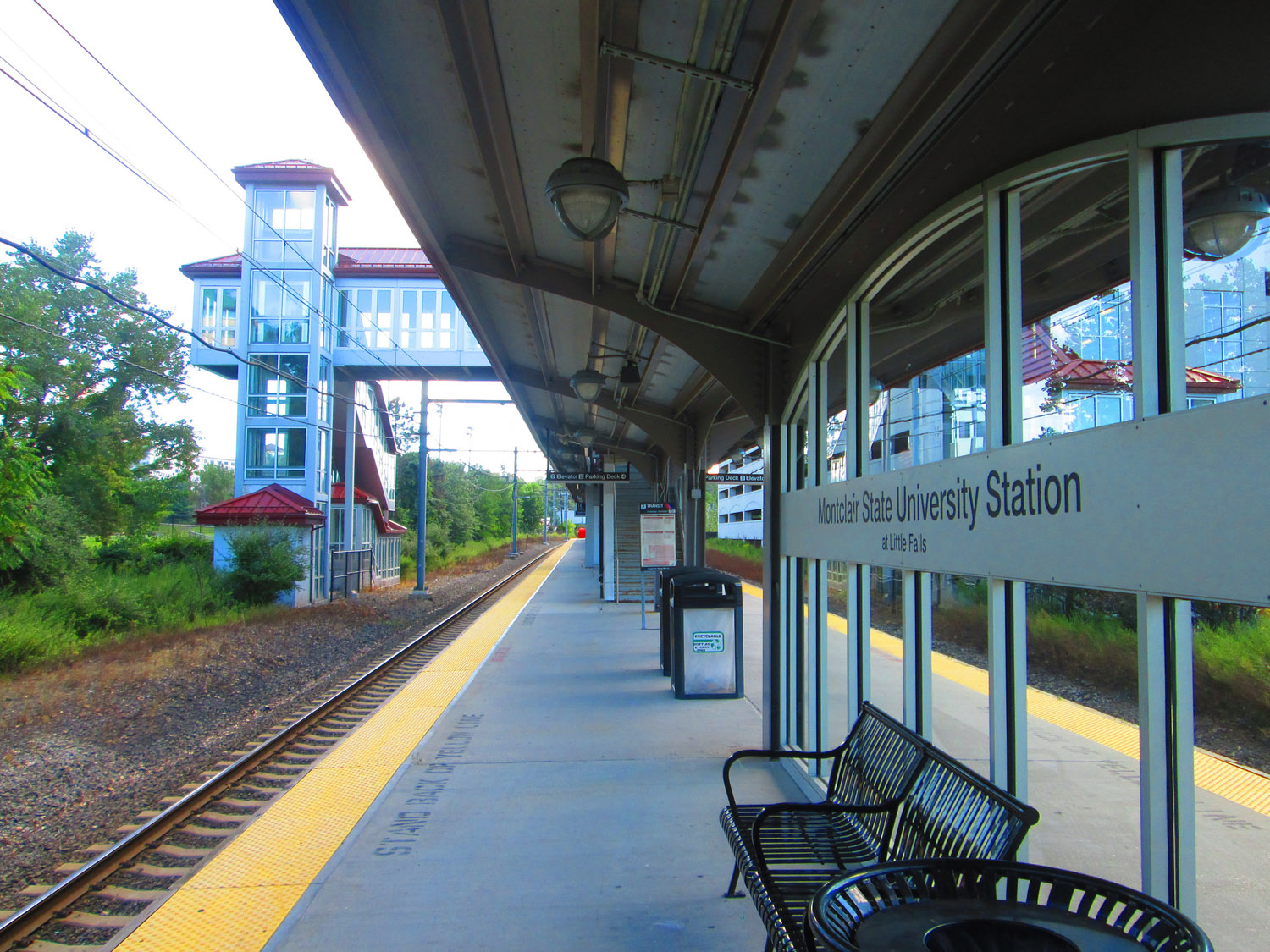
Though the strike did not take place, the university took preparations for the effects of the strike.
Photo courtesy of Adam Moss (Flickr)
The strike over contract disagreements between NJ Transit and its rail unions was finally diffused this weekend after much anticipation, making Montclair State’s plans to temporarily house commuters during the first few days of the strike unnecessary.
NJ.com estimated that, if the strike had taken place, about 65,000 people would have been forced to make their commute by car within 20 miles of the New York City area.This was expected to create major traffic delays, especially during rush hour.
According to an announcement from the Montclair State administration, the strike would have affected all students, staff and faculty, regardless of their usual method of transportation. Not only would the traffic on and surrounding campus increase throughout the day, but the ongoing parking issue would also have had the possibility to become even worse.
Students who rely on the train for their commute to campus would have had no means of transportation, other than carpooling or by bus. NJ Transit planned to increase bus services to compensate for diminished rail service.
Montclair State continued to send out alerts via email over the weekend, urging students to walk, bike, bus and carpool to campus if possible “to reduce congestion.”
Montclair State student David Castiblanco, a junior biology major who is a daily traveler via NJ Transit commented on the possible strike: “I heard it ended, but if it didn’t, so many commuters would’ve had to carpool or take other modes of transportation for God knows how long. Some might not even have been able to go to school and [might have missed] classes and exams because of it.”

Train service runs from Montclair State to New York City, Hoboken and many other stops and junctions.
Photo courtesy of Adam Moss (Flickr)
The Office of Residence Life was preparing temporary housing for the week, had the strikes occurred. Students who needed such accommodations could contact Residence Life via email on a first-come, first-served basis. The on-campus housing would be free of charge for the week until Mar. 20, but any stay extended after that time period would be charged to the student’s account.
Housing Assignments Coordinator Kyle Saud asked students who had vacancies in their dorm rooms or suites to keep the areas clean and ready for new occupants in an email on Thursday. “We are preparing for a potentially high demand for on-campus housing,” Saud wrote. “In anticipation, we ask all students with a vacancy in their room to be prepared to accept a new roommate.”
Had the strike occurred, there would have been the possibility of a flow and environment change on campus, which would have impacted the daily way-of-life for many members of the campus community. John Delate, Director of Residence Life, said that the university is “grateful that the strike has been tentatively settled.”
The threat of strike arose from employees of NJ Transit asking for higher wages and better rates on health insurance premiums. Union spokesperson Stephen Burkert announced the settlement on Friday evening. “Thankfully for the commuters of NJ Transit, the crisis is averted,” he said, according to ABC News.
Details of the agreements between the two parties will not be released until the union members vote on the proposal. However, Governor Chris Christie commented on the deal in a press conference describing it as “fair” and “reasonable.”



